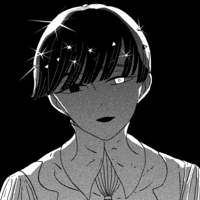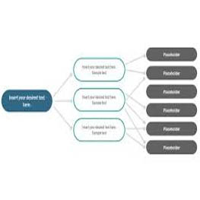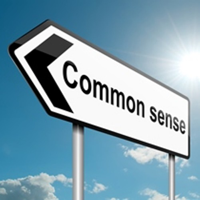Antarcticite mbtiパーソナリティタイプ
個性
"Antarcticiteはどのような性格タイプですか? Antarcticiteは、ISTJ in MBTI、6w5 - so/sp - 613 in Enneagram、RCOAN in Big 5、LSI in socionics のパーソナリティタイプです。"
Textbook social 6 Antarcticite is characterized by their perfectionism, they focus on getting the work done efficiently and even struggles to work in groups [as they aren’t used to it due the other gems hibernate during the winter], they often end up doing most of the work by themselves. The way Antarcticite behaves could easily be compared to a soldier, marching and speaking with extreme formality, leaving a cold impression. However, this attitude changes whenever they’re in presence of Kongo-sensei, an individual whose they show great respect and appreciation for! Which could easily align with E6s idealization of authority figures • E6 Social: Duty Here is what I call a "Prussian character." Social E6 is cold, very formal. Kant, for example, was a great philosopher. He was Prussian, and Prussians had that character form that has a great love of precision and an intolerance for ambiguity. This is precisely the complete opposite of the six conservation, which is warm and feels too permissive for ambiguity. Among the Nazis there were many social six. Their behavior is very visible: "this is the line, the party line, the line that defines which are the good guys and which are the bad guys ... and what we need to do and we do it very efficiently." In efficiency, the social E6 is similar to an E3. Ichazo used the word duty, it is more than just being concerned with duty, since the social six are concerned above all with the reference point. They have the mind of a legislator, the categories clear. Their intellectual orientation is to know very well where the north is, where the south is, and the west, and the east, and ... And if you ever wanted to become human, you would first need to go crazy and forget about all the points of reference. They need to forget duty - no duty - and connect with instinct and intuition, with life. > The Social Six can also seem authoritarian and confident but rather than playing an authority role himself, he prefers to re-recognize authority in the rules, conforming to them until he's to the point of becoming his fanatic defender. Claudio Naranjo defines this character as "Prussian." He prefers to surrender to ideology as an impersonal point of reference: what is important is to do things "properly." It is the most disciplined subtype, with internalized norms as if there were no limits between the self and the superego. > Although they can become leaders, Social E6s move very well in the role of the second son, doing the gray job to let the other show of. An example is the 'Negro who writes the discourses that someone else will read in public.’ > This social subtype is very self-demanding and self-critical, and all the submission that he shows to the superior transforms it into demanding and contempt for those he feels weaker. It can be classist with those below. All the self-repression to stay morally upright, all that contained rage discharged with the who feels they are less strong than him. Feeling superior, he shows inflexible, arrogant, implacable. > But he needs recognition of authority to be aggressive. Sometimes he "gets tired" of being submissive and cuts it off and embodies the authority to feel valuable. But he does more from an intellectual criticism or using irony and that from the open and stark confrontation, since he’s always fearful of punishment, of being separated, of not being loved. Sources - 27 paths in search of being subtype descriptions - Cobardes, desafiantes y fanáticos: Eneatipo Seis
バイオグラフィー
#MariyaIse
























